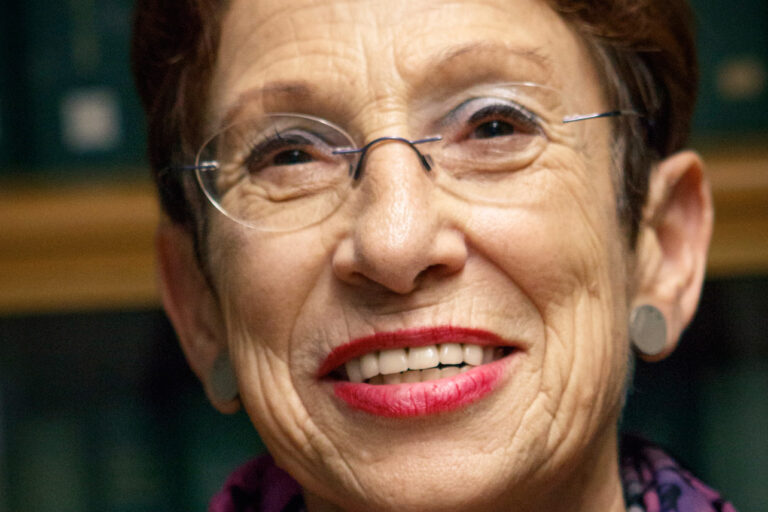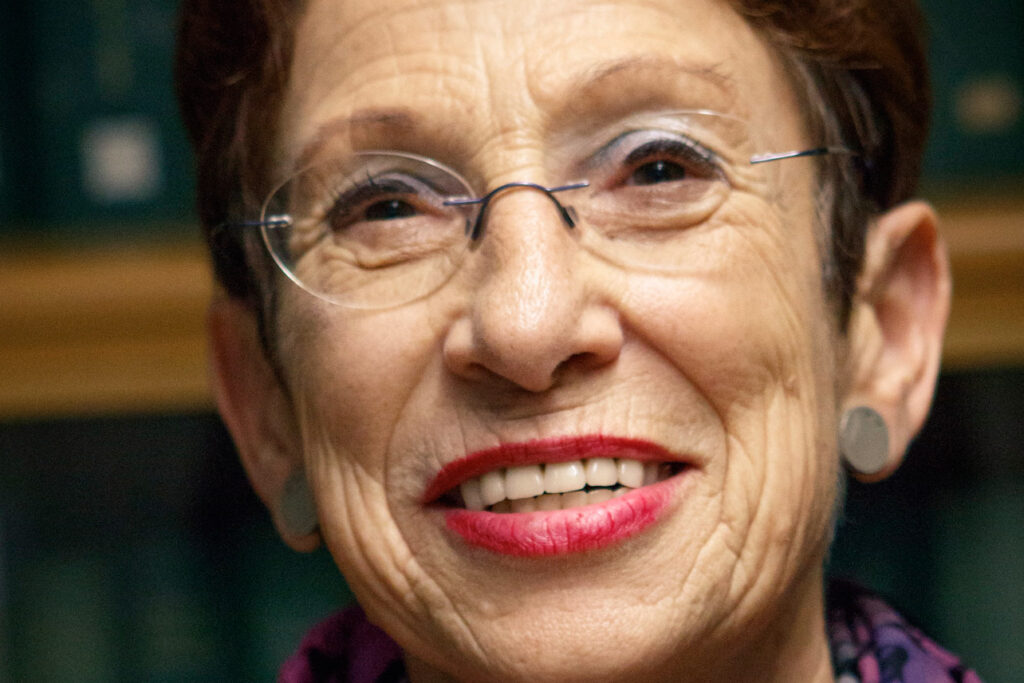“Gender and the Discursive Construction of National Identities”
Social constructions of sex and gender identities play a central role in the construction of national identities. Gender constructions and performances are always related to social discourses (and norms) and can correspond closely to the respective hegemonic discourses. The discursive construction of national identities frequently pushes gender diversity into the background, reproduces binary structures and favors male perspectives (for example in formulations such as “Homo Austriacus”, “Der Österreicher (the Austrian)”, (Die Österreicher “Austrians”), “Nationale Helden (national heroes”). In our quantitative and qualitative longitudinal study tracing the discursive construction of Austrian national identities from 1995 to 2015 (Wodak et al. 2009; De Cillia et al. 2020), we therefore systematically addressed the gender dimensions and intersectionality of various discourses that contribute to the discursive construction of national identities. To do this, we drew on discourses on gender identities and sexual self-determination, on the political and public representation of gender, and on the gender performances of so-called national heroes (especially athletes, pop-singers, and musicians).
Especially discussions about gender-sensitive language behavior in the public sphere are frequently conducted in an emotional and polemical manner, contributing to—what we label as—“symbolic politics”. This was particularly evident in the context of the National Parliament’s decision to change the lyrics of the Austrian national anthem to—at least—include “daughters” in 2012 (and not only “sons”). Ever since, and specifically in the election campaigns of the conservative and far-right parties before the national election September 2024, vehement controversies focused and continue to focus on the “wearing of headscarves”, on “reproduction of ‘real Austrians’”, on what are regarded as “normal” sexual and gender identities, and on gender-sensitive language behavior (Wodak 2021). In this lecture, I will illustrate such debates and their impact in the context of a (new, nativist) nationalism and related body politics.
References
- De Cillia, R., Wodak, R., Rheindorf, M., & Lehner, S. (2020) Österreichische Identitäten im Wandel. 1995-2005-2015. Springer.
- Wodak, R., De Cillia, R., Reisigl, M., & Liebhart, K. (2009) The discursive construction of national identities. Edinburgh Univ. Press (2nd revised and extended edition)
- Wodak, R. (2021) The Politics of Fear. The Shameless Normalization of Far-right Discourses. Sage.
Ruth Wodak is Emerita Distinguished Professor of Discourse Studies at Lancaster University, United Kingdom, and affiliated to the University of Vienna. Besides various other prizes, she was awarded the Wittgenstein Prize for Outstanding Researchers in 1996, an Honorary Doctorate from University of Örebro in Sweden in 2010, and an Honorary Doctorate from Warwick University in 2020. She is past-president of the Societas Linguistica Europaea. 2011, she was awarded the Grand Decoration of Honor in Silver for Services to the Republic of Austria, and 2018, the Lebenswerk Preis for her lifetime achievements, from the Austrian Ministry for Women’s Affairs. She is member of the British Academy of Social Sciences and member of the Academia Europaea. In March 2020, she became Honorary Member of the Senate of the University of Vienna. In June 2021, she was awarded the Bruno Kreisky Prize for her lifetime achievements, in November 2022 she received the Paul Watzlawick Ehrenring of the Medical Society + City of Vienna.
She has held visiting professorships in University of Uppsala, Stanford University, University Minnesota, University of East Anglia, and Georgetown University. In 2008, she was awarded the Kerstin Hesselgren Chair of the Swedish Parliament (at University Örebrö). In the spring 2014, Ruth held the Davis Chair for Interdisciplinary Studies at Georgetown University, Washington, D.C. In the spring 2016, Ruth was Distinguished Schuman Fellow at the Schuman Centre, EUI, Florence. In 2017, she held the Willi Brandt Chair at the University of Malmö, Sweden. In 2018–2021, she was a senior visiting fellow at the Institute for Human Sciences, Vienna (IWM).
Her research interests focus on discourse studies; gender studies; identity politics and the politics of the past; political communication and populism; prejudice and discrimination, and on ethnographic methods of linguistic field work. Ruth has published 12 monographs, 29 co-authored monographs, over 60 edited volumes and special issues of journals, and authored 430 peer reviewed journal papers and book chapters. Her work has been translated into the English, Italian, French, Spanish, Hebrew, Czech, Portuguese, German, Korean, Japanese, Chinese, Polish, Arabic, Russian, Czech, Bosnian, Greek, Slovenian, and Serbian.
Recent book publications include Das kann noch immer in Wien passieren (Czernin Publishing 2024); Identity Politics Past and Present. Political Discourses from Post-War Austria to the Covid Crisis (Exeter University Press 2022; with M. Rheindorf); The Politics of Fear. The shameless normalization of far-right populist discourses (Sage 2021, 2nd revised and extended edition); Sociolinguistic Perspectives on Migration Control (Multilingual Matters 2020; with M. Rheindorf); Identitäten im Wandel (Springer 2020; with R. de Cillia, M. Rheindorf, S. Lehner); Europe at the Crossroads (Nordicum 2019; with P. Bevelander); and The Routledge Handbook of Language and Politics (Routledge 2018, with B. Forchtner).
Please reach out to Hazel Velasco Palacios hgv5008@psu.edu if you have any questions about the event or need accommodations.
This event is supported by the Mellon Foundation’s Sawyer Seminar Program and cosponsored by the Chaiken Dean's Fund for Antisemitism Education, the Department of Women’s, Gender, and Sexuality Studies, and the Humanities Institute.


Occurrences
-
Tuesday, April 1, 2025, 3:30 p.m.–5:00 p.m.